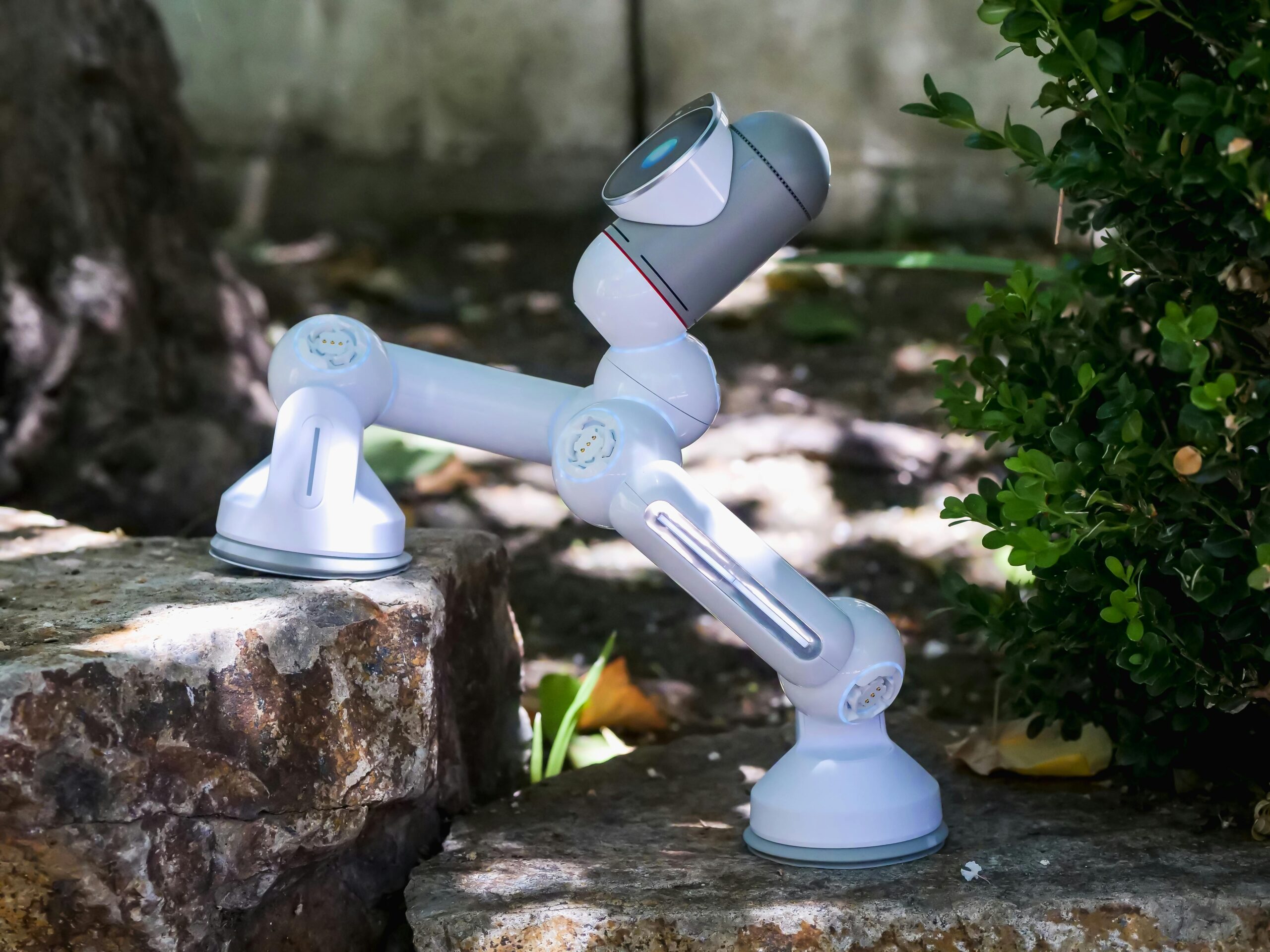Introduction
As we stand on the brink of a technological revolution, the impact of artificial intelligence (AI) on the job market is profound and far-reaching. Over the past few years, AI technologies have evolved at an astonishing rate, transforming industries, redefining job roles, and altering the very nature of work itself. Not only is AI reshaping existing jobs, but it is also creating new opportunities that didn’t exist before. In this blog post, we will explore the multifaceted relationship between AI and the job market, discussing the challenges and opportunities that this revolutionary technology presents.
The Current State of AI and the Job Market
In this section, we will delve into how AI is currently influencing the job market across various industries.
1. AI Integration in Different Industries
AI technologies are being integrated into numerous industries, leading to innovation and efficiency improvements. Below are a few sectors experiencing significant AI influence:
- Healthcare: AI algorithms assist in diagnosing diseases, analyzing medical images, and personalizing treatment plans.
- Finance: Automated trading systems and fraud detection powered by AI are revolutionizing the financial sector.
- Manufacturing: Robotics equipped with AI enhance productivity and precision in production lines.
- Retail: AI improves customer experiences through personalized recommendations and inventory management.
2. Job Roles Restructured by AI
Many traditional job roles are being redefined due to AI. Important points to consider include:
- Automation of Repetitive Tasks: Jobs involving repetitive tasks are increasingly being automated, freeing workers for more complex duties.
- Enhanced Decision-Making: AI tools provide real-time data analytics, supporting professionals in making informed decisions.
- Job Creation in New Domains: While some jobs may disappear, new roles in AI development, data analysis, and digital marketing are emerging.
The Challenges Posed by AI in the Job Market
While the benefits of AI are undeniable, several challenges arise that must be addressed to harness its full potential.
1. Job Displacement
Automation is increasingly capable of performing tasks previously undertaken by humans, which leads to:
- Job displacement, especially for low-skill positions.
- The phenomenon where workers need to continually update their skills to remain relevant.
2. Skills Gap
The rapid advancement of AI technologies has created a significant skills gap in the workforce. Workers must now:
- Develop new technical skills, such as programming and data literacy.
- Foster soft skills, including problem-solving and adaptability.
3. Ethical Concerns
The implementation of AI raises ethical questions related to:
- Bias in AI algorithms, potentially leading to unfair hiring practices.
- Privacy issues surrounding data collection and usage.
Seizing Opportunities in the AI-Driven Job Market
Despite the challenges posed by AI, numerous opportunities await those willing to adapt and innovate.
1. Upskilling and Reskilling
To stay competitive, individuals must prioritize continuous learning. Consider these strategies:
- Enroll in online courses and certifications in AI-related fields.
- Participate in workshops and conferences focusing on emerging technologies.
2. Embracing AI in Business
Businesses can leverage AI to enhance productivity and innovation. Actionable steps include:
- Integrating AI tools to streamline operations and improve decision-making.
- Investing in AI technologies to foster company growth and competitiveness.
3. Promoting Collaboration Between Humans and AI
AI can augment human capabilities, leading to increased efficiency. This includes:
- AI acting as a co-worker, handling repetitive tasks while humans focus on strategic objectives.
- Employing AI to analyze data, offering insights that support human judgment.
Case Studies: Successful AI Integration
Examining real-world examples of successful AI integration can provide valuable lessons and inspiration.
1. Siemens’ Digital Factory
Siemens has successfully integrated AI into its production processes, resulting in significant boosts in efficiency and product quality:
- Utilizes AI to optimize production schedules.
- Employs predictive maintenance to minimize downtime.
2. Google’s AI-Powered Hiring Tools
Google employs AI to enhance its hiring process, combating bias while improving efficiency:
- Utilizes machine learning algorithms to analyze applicants’ resumes.
- Improves decision-making with data-backed insights on candidate performance.
Future Trends in AI and Employment
As we look ahead, several trends will shape the future landscape of AI and the job market.
1. Rise of AI Ethics and Governance Roles
The growing emphasis on ethical AI will create demand for professionals who specialize in AI ethics and governance.
2. Growth in AI-Powered Job Platforms
New job platforms powered by AI will emerge to connect employers with candidates more efficiently, focusing on skills and compatibility.
3. The Gig Economy and AI
The gig economy will see further expansion, with AI enabling flexible and project-based work arrangements across various sectors.
Conclusion
The intersection of AI and the job market presents both challenges and opportunities. While job displacement and the skills gap pose significant hurdles, proactive engagement in upskilling, ethical implementation, and business integration can lead to a future where humans and AI coexist harmoniously. As AI continues to evolve, staying informed and adaptable will be crucial for individuals and organizations alike.
What are your thoughts on the impact of AI on the job market? Have you witnessed any transformations in your field? Share your experiences in the comments below!


